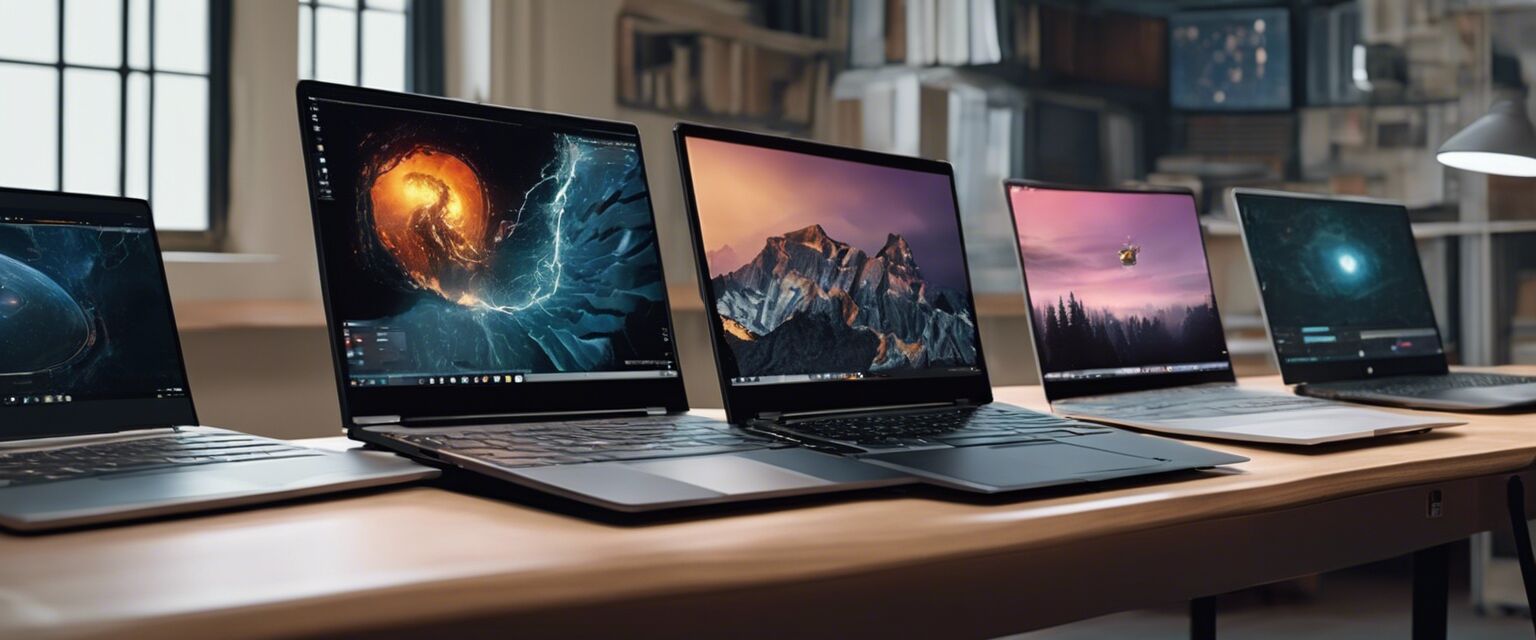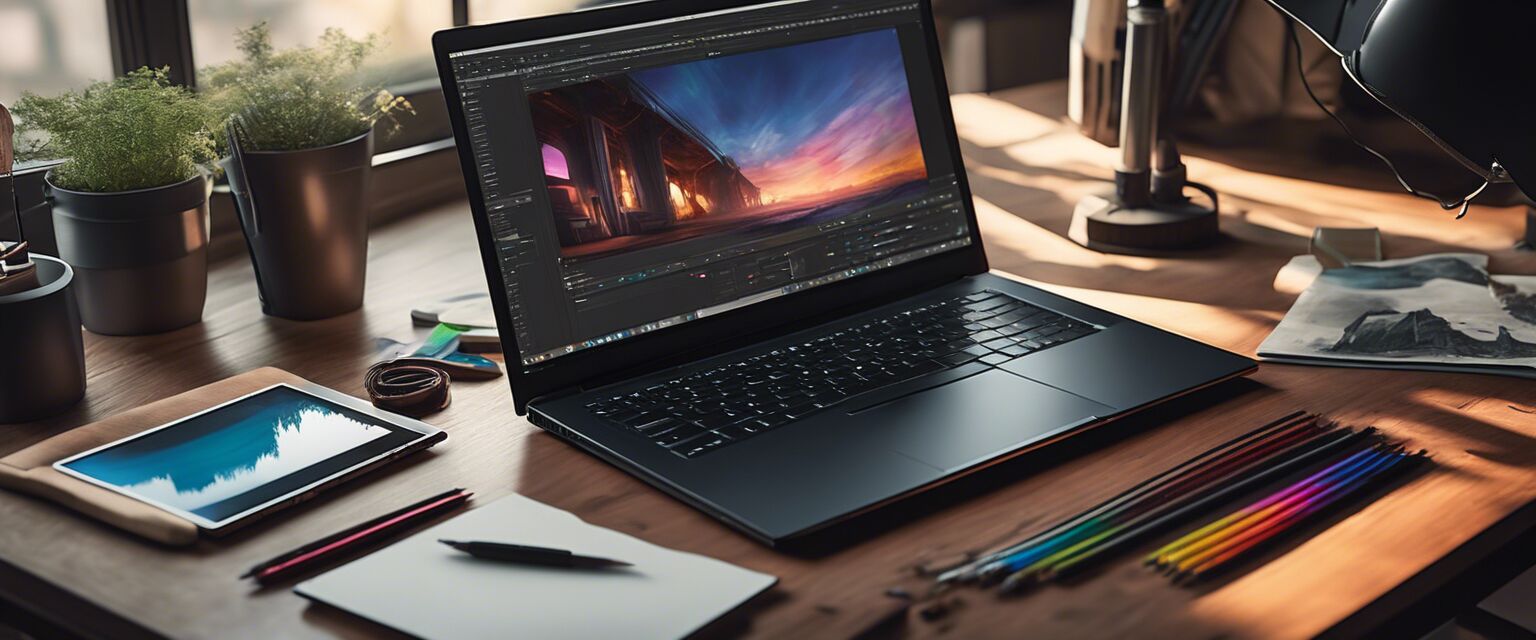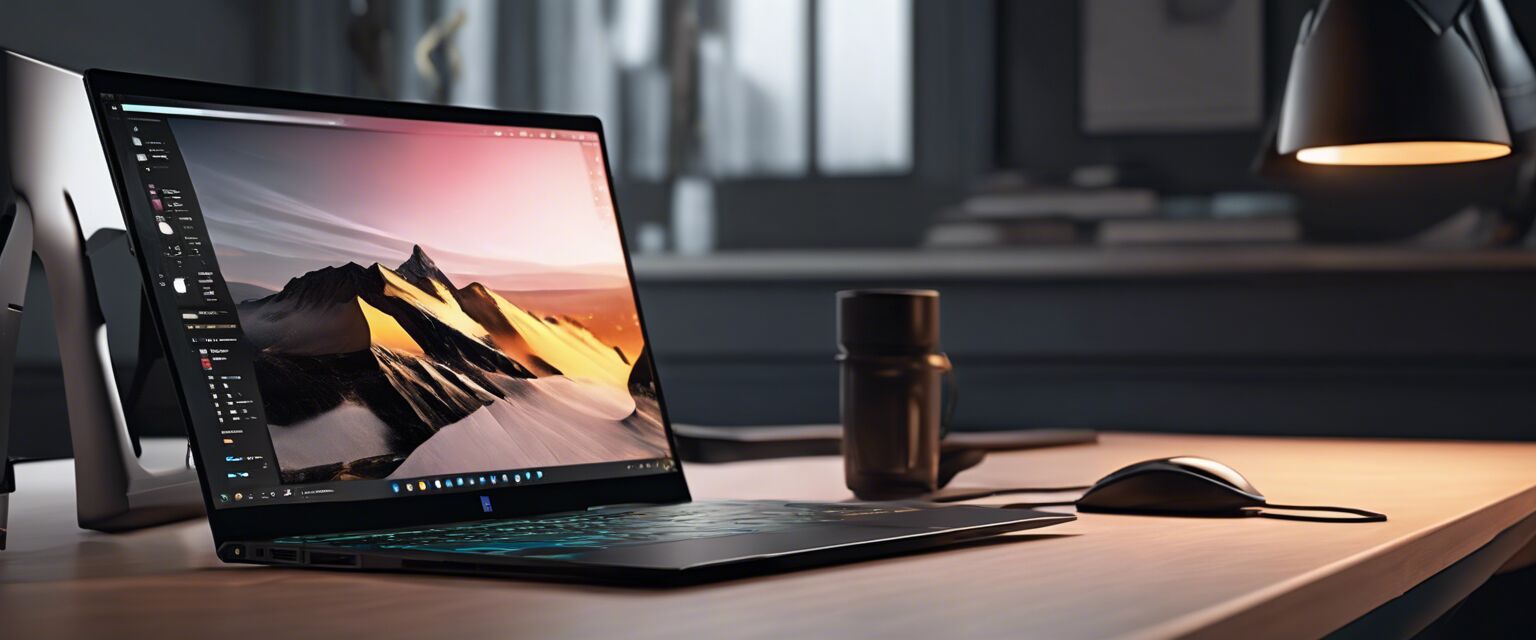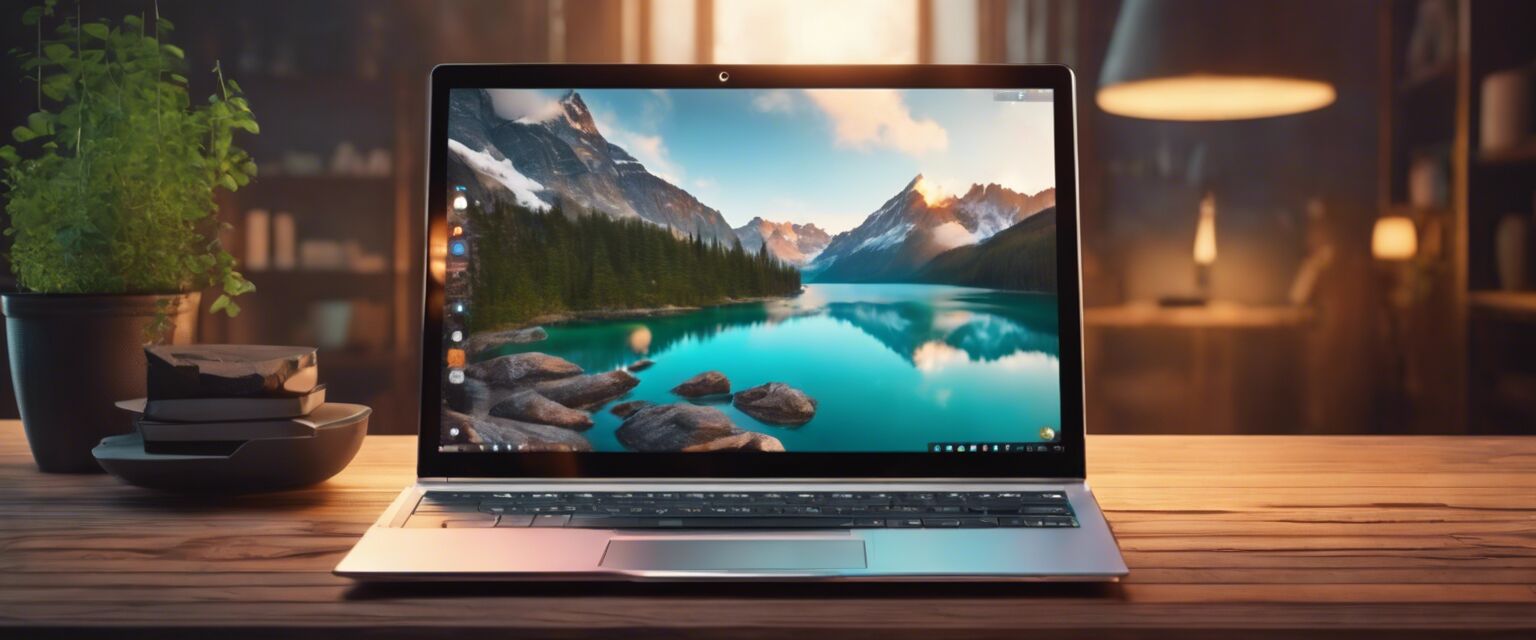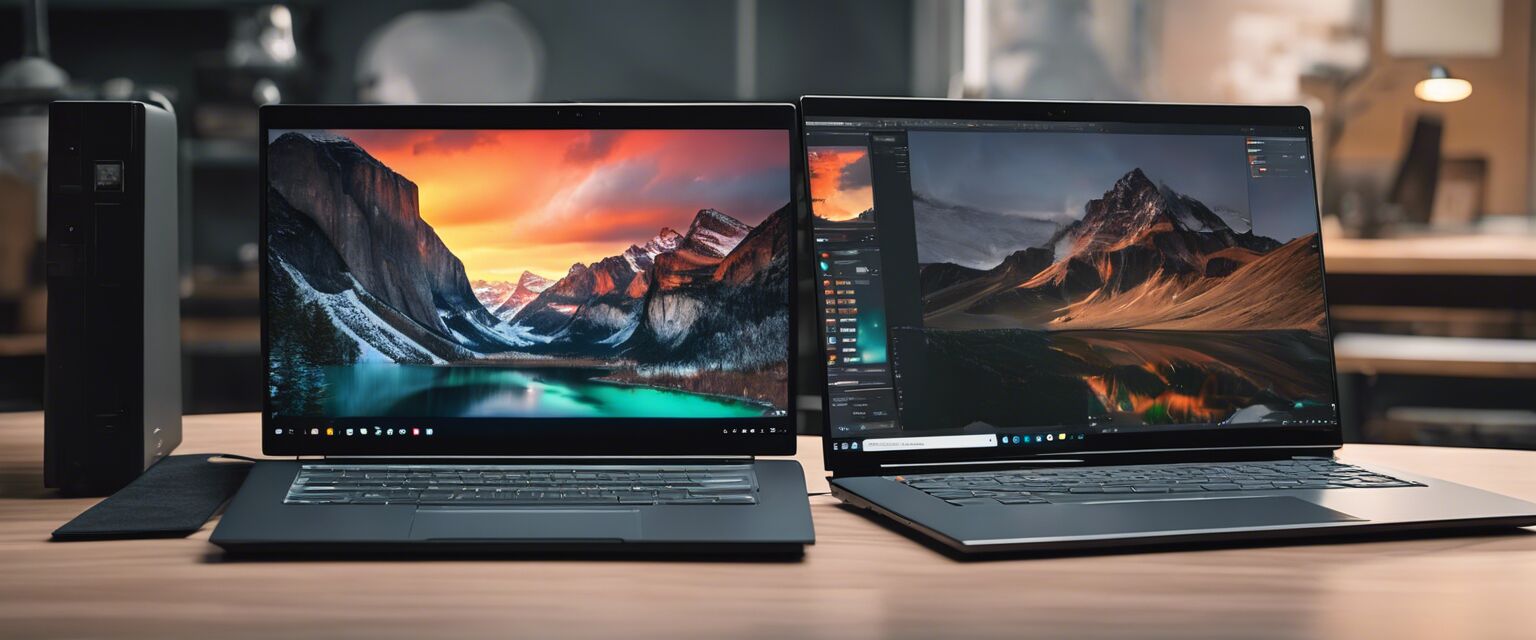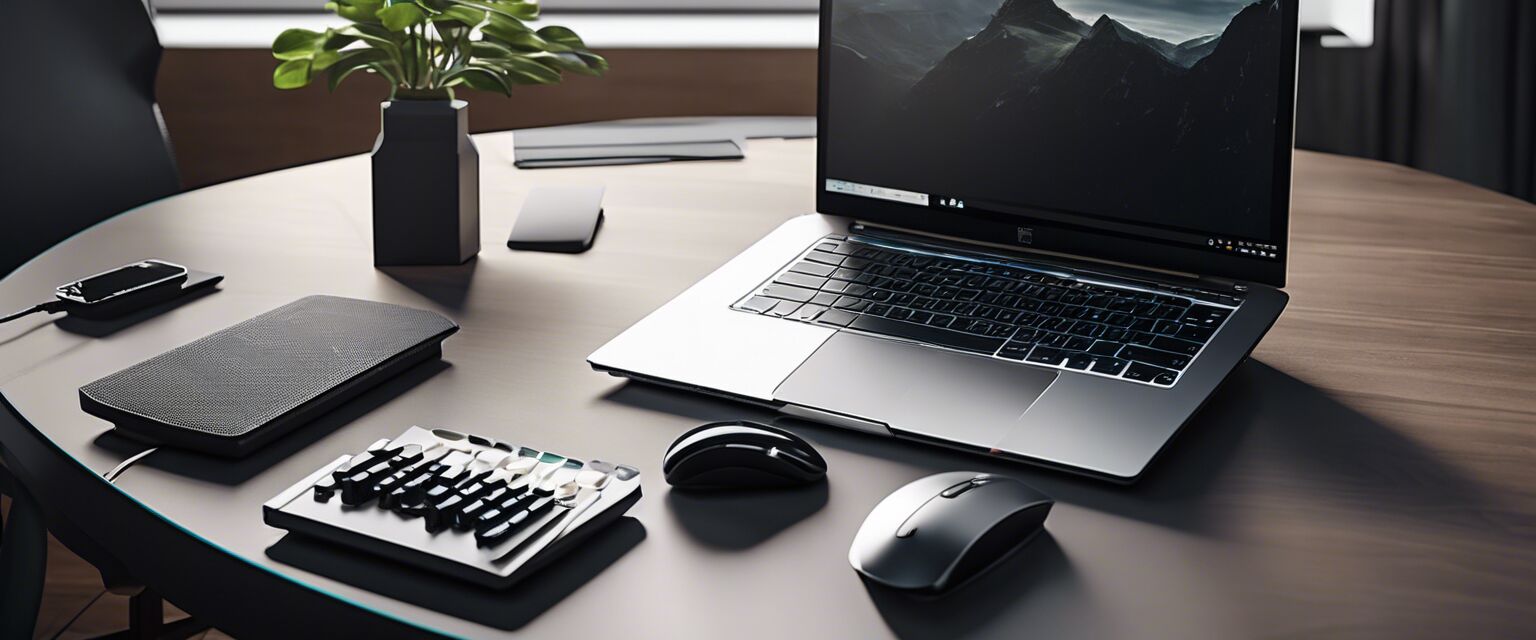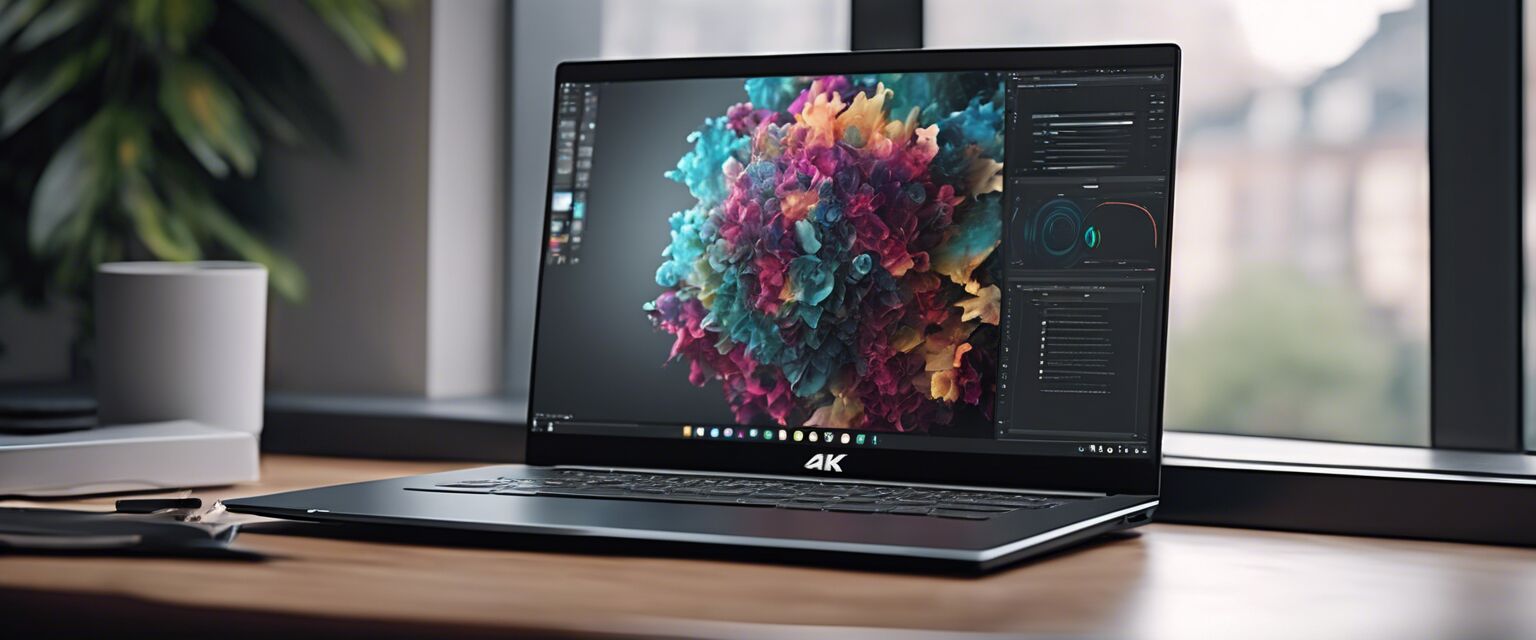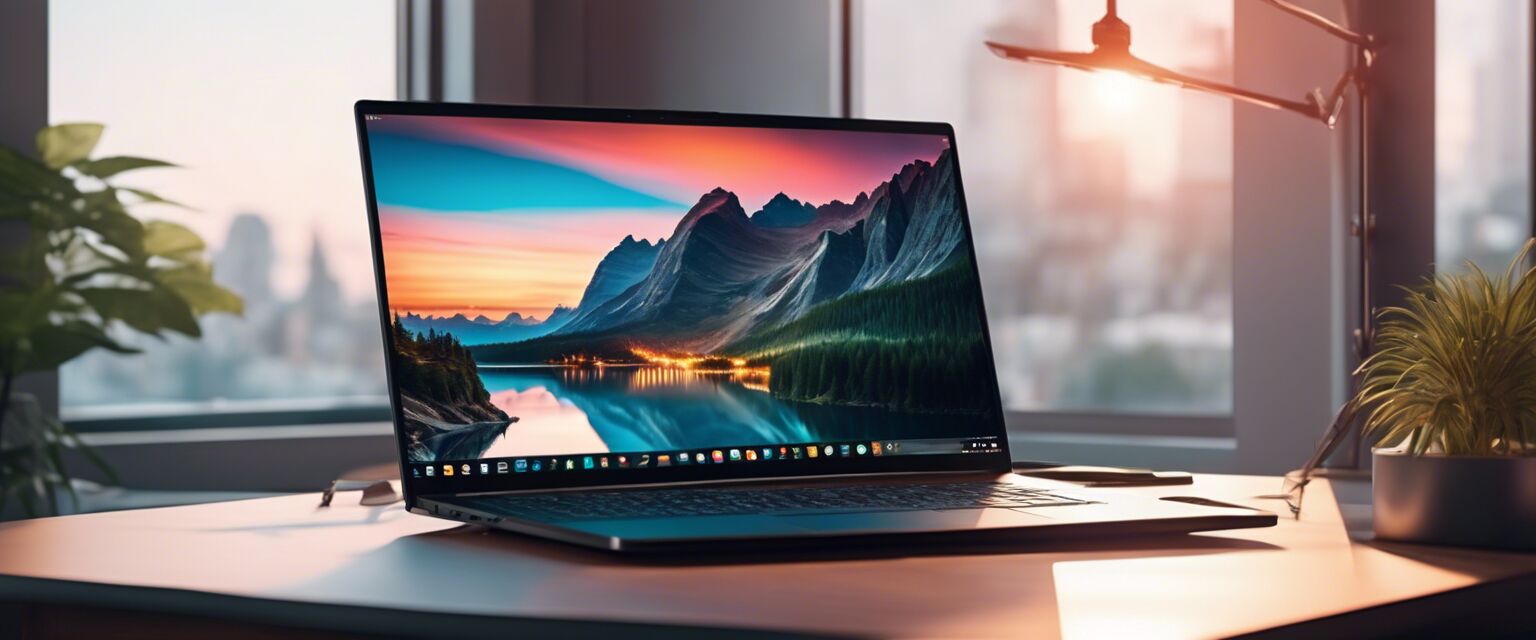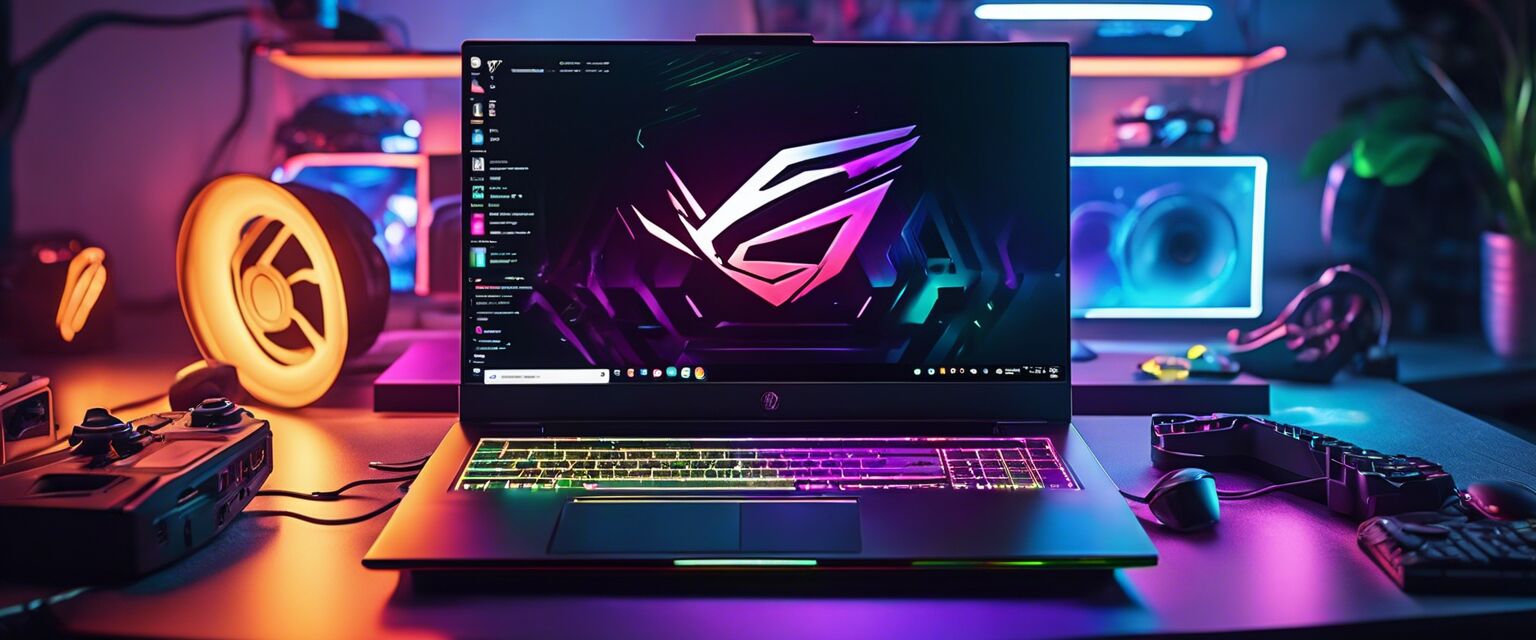
Gaming Laptops: Explore the Best Options for Gamers
Key Takeaways
- Understand essential specifications like GPU, CPU, RAM, and storage.
- Consider your gaming needs and budget before making a decision.
- Explore different categories of gaming laptops including ultrabooks and 2-in-1s.
- Check for features such as display quality, battery life, and build quality.
Gaming laptops are designed for optimal performance while playing the latest games. Whether you're a casual gamer or a professional esports player, choosing the right gaming laptop that meets your requirements is crucial. In this article, we will explore the best gaming laptops, the specifications to look for, and top recommendations for various gaming needs.
What to look for in a gaming laptop
When purchasing a gaming laptop, several key specifications should be considered:
| Specification | Description |
|---|---|
| Graphics Processing Unit (GPU) | Essential for rendering graphics in games. Look for dedicated GPUs from NVIDIA or AMD. |
| Central Processing Unit (CPU) | The heart of the laptop, affecting performance. Intel and AMD are popular choices. |
| RAM | More RAM allows for better multitasking. Aim for at least 16GB for gaming. |
| Storage | SSD for faster load times; consider a combination of SSD and HDD for storage flexibility. |
| Display | High refresh rates and resolution enhance gaming experience. Look for at least 1080p. |
Categories of gaming laptops
Gaming laptops come in various categories to cater to different user needs:
- Gaming Laptops - Designed for high performance.
- Ultrabooks - Lightweight and portable with decent gaming capabilities.
- 2-in-1 Laptops - Versatile devices for both work and play.
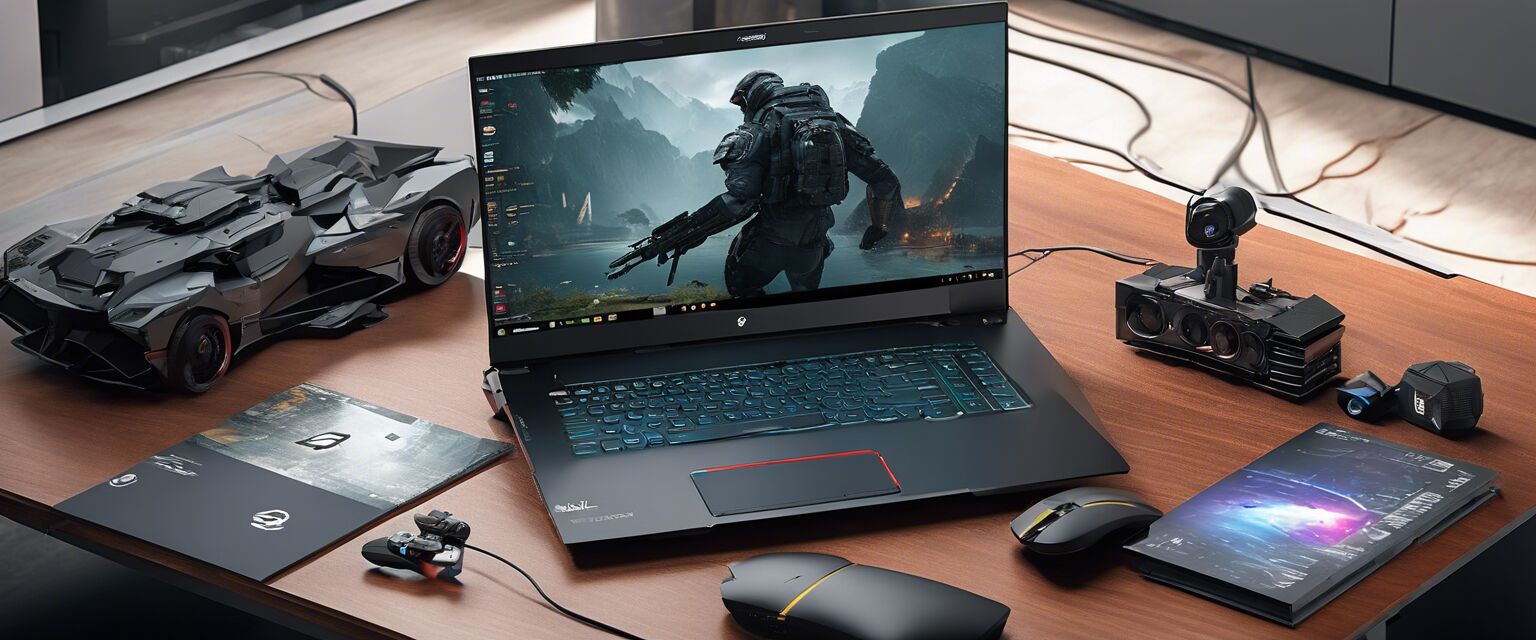
Top specifications to consider
Here’s a deeper dive into the important specs:
1. GPU and CPU
The GPU is crucial for gamers. A powerful GPU like the NVIDIA GeForce RTX series allows for high settings in modern games. The CPU, while not as critical as the GPU, should be a modern multi-core processor (Intel i5 or Ryzen 5 and above).
2. RAM
While 8GB can handle many games, 16GB is recommended for a smooth gaming experience. Some high-end laptops can support up to 32GB or more.
3. Display Quality
A refresh rate of 60Hz is standard, but many gamers prefer 120Hz or higher for a smoother experience. Panel types also vary; IPS panels offer better color and viewing angles compared to TN panels.
4. Battery Life
Gaming laptops are notorious for shorter battery life. Look for models that balance performance with decent battery longevity.
5. Build Quality and Design
The laptop's build quality affects its durability and portability. Features like RGB lighting and customizable keyboards are also popular among gamers.
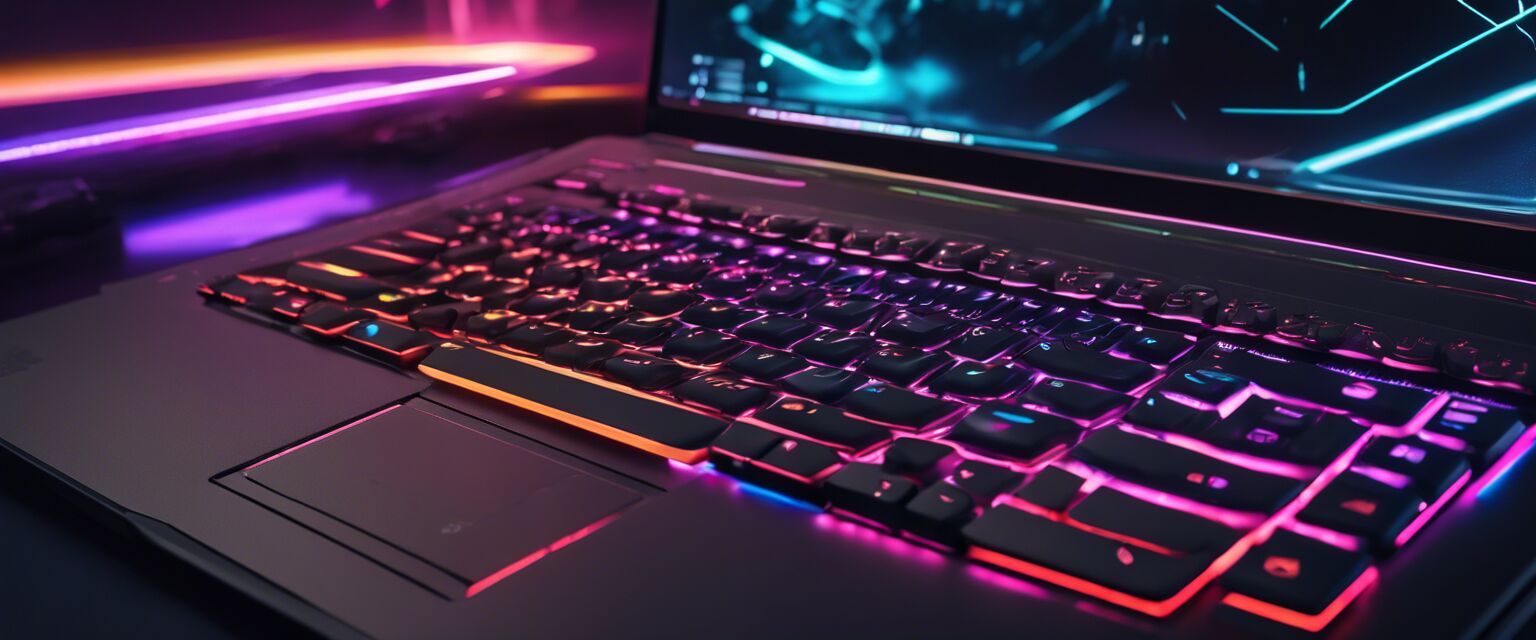
Pros and cons of gaming laptops
Pros
- Portability allows gaming anywhere.
- Powerful hardware comparable to desktops.
- Variety of designs and features available.
Cons
- Generally more expensive than desktops.
- Can be heavier and bulkier.
- Limited upgradeability compared to desktops.
Conclusion
Choosing the right gaming laptop involves understanding your gaming needs, budget, and the specifications that matter most to you. With diverse options available, including budget laptops and student laptops, there’s a perfect fit for every gamer.
Tips for beginners
- Set a budget to narrow your options.
- Read reviews and comparisons before purchasing.
- Consider future-proofing by investing in better specs.
- Look for sales or discounts during holidays.
Final thoughts
Investing in a gaming laptop can enhance your gaming experience significantly. Remember to assess your gaming style and the specifications that match your needs to make an informed decision.

